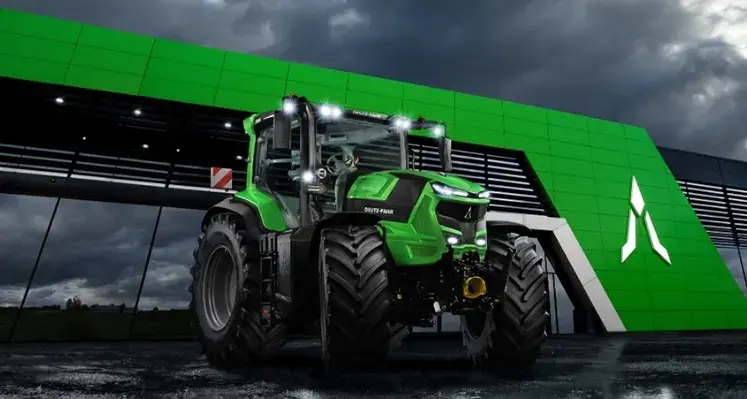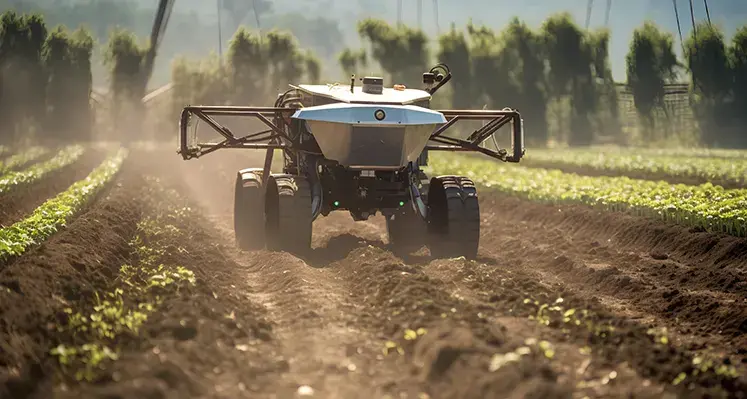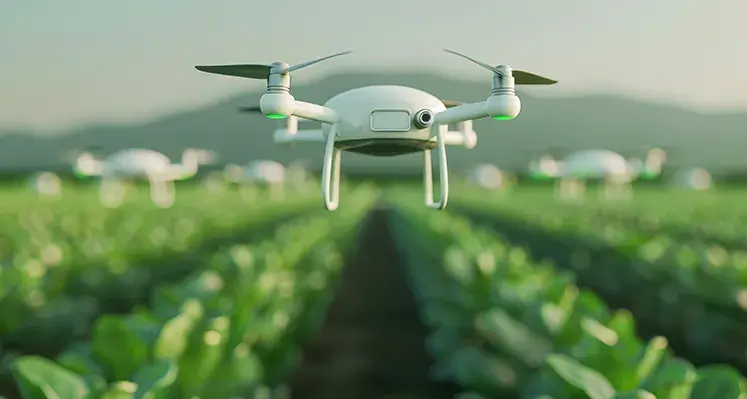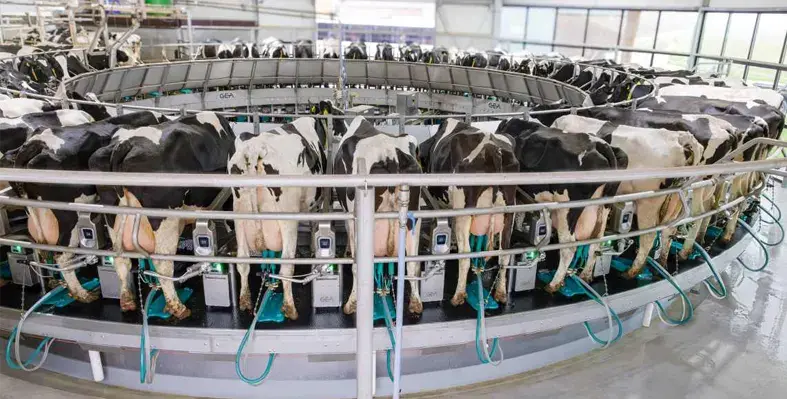FPT Industrial has strengthened its leadership in the global agricultural machinery market with a major new milestone: the supply of its renowned N67 engine for the newly launched DEUTZ-FAHR 8 Series TTV.
Revealed at Agritechnica 2025, this partnership between FPT - the Iveco Group’s powertrain specialist and SDF, one of Europe’s most respected agricultural machinery manufacturers, marks a significant advancement in next-generation farming technology.
DEUTZ-FAHR, a flagship brand under the SDF umbrella, is known worldwide for precision engineering, premium performance and cutting-edge agricultural solutions. Its latest 8 Series TTV tractor sets a new benchmark in the industry, delivering improved comfort, advanced digital intelligence and powerful, efficient operation tailored for today’s demanding farming environments.
At the core of this high-performance machine lies FPT’s N67 engine, selected for its market-leading power density, exceptional efficiency and proven reliability. Its compact architecture enhances manoeuvrability, while the engine’s seamless integration with the new tractor platform ensures outstanding responsiveness even under the toughest workloads. Compatibility with HVO (Hydrotreated Vegetable Oil) and an extended 1,000-hour oil change interval reflect FPT’s commitment to sustainability and reduced running costs both key priorities for modern agricultural operations.
In collaboration with SDF, FPT co-developed a structural oil pan and integrated engine management software to meet the precise requirements of the 8 Series TTV, ensuring superior durability and optimised performance. The N67’s six-cylinder configuration and extensive customisation options make it a versatile solution for a wide range of mid-range agricultural applications.
The engine is part of FPT’s acclaimed NEF Series, an industry benchmark for its EGR-free combustion, patented HI-eSCR2 after-treatment technology, and market-leading productivity. Since its debut in 2001, over two million NEF engines have powered tractors, construction machinery, marine vessels and power generation systems - a testament to the brand’s engineering excellence and long-term dependability.
As FPT marks over 100 years of powering agricultural innovation, this partnership further reinforces its status as a preferred global powertrain supplier. The agreement not only celebrates FPT’s heritage but also reflects its commitment to driving the future of sustainable, intelligent agriculture.
“We could not have celebrated Agritechnica in a better way. This new partnership with the DEUTZ-FAHR brand is a clear sign that we are recognized as a strong and reliable partner in the industry,” stated Sylvain Blaise, President of Iveco Group’s Powertrain Business Unit. “As a company, we have always worked with our customers’ needs in mind and with innovation at the core of everything we do… We are confident it will pave the way for future achievements together.”
“To achieve the performance standards we set for this new generation of tractors, we engaged in a strategic co-development partnership with FPT…” added Alessandro Maritano, SDF Chief Commercial Officer.









